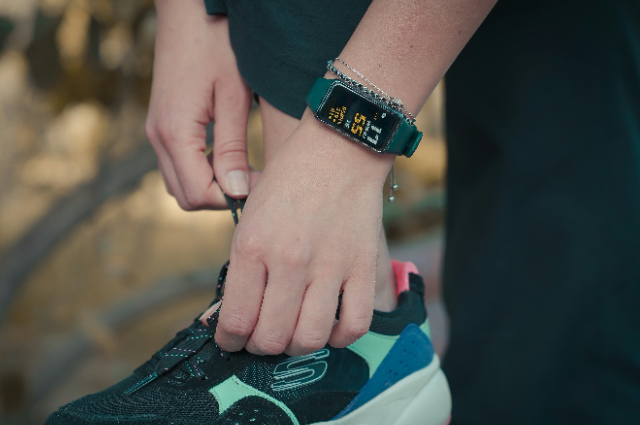
Photo by Onur Binay on Unsplash
The Challenge:
Making Health Education Engaging: Traditionally, health education has been a dry and often daunting affair. Textbooks, lectures, and one-size-fits-all approaches often fail to capture the imagination or cater to individual needs. This lack of engagement can lead to poor health literacy and hinder the adoption of healthy habits.
Enter the Game Changers:
Gamification & AI Fortunately, the landscape of health education is undergoing a revolution. Gamification and Artificial Intelligence (AI) are emerging as powerful tools to transform learning into a fun and interactive experience. Here's how:
1. Personalized Avatars & Dynamic Storytelling:
Imagine choosing your own avatar, a digital doppelganger who embarks on a personalized health journey. AI can analyze your health goals and preferences to create unique storylines, challenges, and rewards within the game. This personalized narrative makes learning relevant and fosters a sense of ownership over your health.
2. Interactive & Gamified Apps:
Gone are the days of passive learning. Gamified apps can turn your phone into a health education playground. Imagine navigating a virtual world filled with interactive challenges and quests, each rewarding you for completing healthy tasks like tracking steps, eating vegetables, or scheduling doctor's appointments. These apps can utilize AI to adjust difficulty levels and provide personalized feedback based on your progress, keeping you motivated and engaged.
3. AI-powered Chatbots as Your Personal Health Coach:
Need a cheerleader or a friendly reminder? AI-powered chatbots can be your virtual health coach, offering support and guidance 24/7. These chatbots can answer your questions, provide encouragement, and even recommend personalized health tips based on your individual needs and preferences. They can be your constant companion on your journey to a healthier you.
4. Data-driven Feedback & Progress Tracking:
Gamification isn't just about fun and games. It's about seeing results. AI can analyze your data from wearable devices, activity trackers, and app usage to provide real-time feedback on your progress. This data-driven approach allows you to see your efforts pay off, adjust your strategies, and celebrate your achievements, fueling further motivation.
5. Tailoring the Experience to Different Learning Styles:
Not everyone learns the same way. AI can recognize individual learning styles and preferences, tailoring the educational content and gameplay accordingly. Whether you're a visual learner, an auditory learner, or a kinesthetic learner, there's a gamified health education experience waiting for you.
Real-World Examples:
- "SuperBetter": This award-winning app gamifies chronic pain management, turning real-life challenges into quests and providing emotional support through a supportive online community.
- "Smokefree": This AI-powered chatbot helps smokers quit by providing personalized coaching, tips, and encouragement based on their individual needs and triggers.
- "Mango Health": This app gamifies healthy eating, using AI to analyze your food intake and provide personalized challenges, recipes, and rewards for making healthy choices.
The Benefits of Gamified Health Education:
- Increased Engagement & Motivation: Gamification makes learning fun and interactive, boosting engagement and motivation to stay healthy.
- Improved Health Literacy: Personalized narratives and interactive challenges help users understand complex health concepts in a clear and engaging way.
- Positive Behavior Change: Gamification provides a structured framework for adopting and maintaining healthy habits.
- Data-driven Insights: AI-powered feedback helps users track their progress and adjust their strategies for better outcomes.
- Accessibility & Scalability: Gamified apps and chatbots can reach diverse populations and provide accessible health education to everyone.
The Future of Gamified Health Education:
The potential of gamification and AI in health education is vast. As technology advances, we can expect even more personalized and immersive learning experiences. Imagine virtual reality simulations that let you experience the consequences of unhealthy choices or augmented reality apps that overlay healthy recipes on your kitchen counter. The future of health education is bright, and gamification is playing a key role in making it fun, engaging, and effective for everyone.
